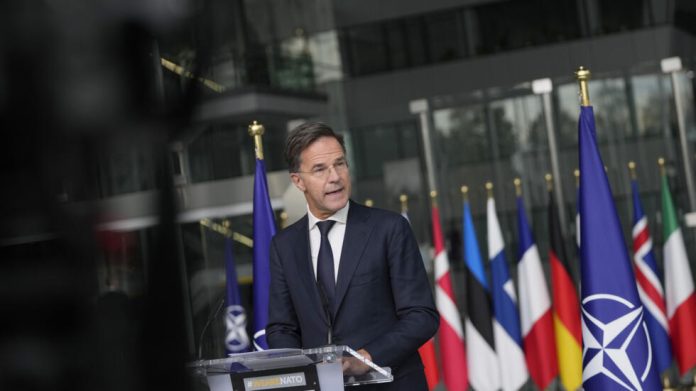The deployment of North Korean troops to Russia, now confirmed by NATO for the first time, marks a major development in the ongoing conflict between Russia and Ukraine. NATO Secretary General Mark Rutte announced the unprecedented deployment after meeting with South Korean officials, characterizing it as a “significant escalation” in Russia’s war on Ukraine. This deployment adds a dangerous international dimension to an already intense conflict, one that is now drawing in unexpected actors, deepening alliances, and shifting dynamics on multiple fronts.
The presence of North Korean troops in Russia has been speculated upon for weeks amid mounting intelligence reports suggesting that Pyongyang was considering sending military personnel to aid its ally. This week’s confirmation by Rutte, however, is the first formal acknowledgment from NATO that North Korean forces are operating alongside Russian troops, particularly in the Kursk region. This area, strategically located along the Ukrainian-Russian border, has been a focal point of recent conflict as Ukrainian forces have attempted to gain a foothold within Russian territory. North Korean troops in Kursk could complicate the situation further for Ukrainian forces already grappling with stiff Russian resistance in the region.
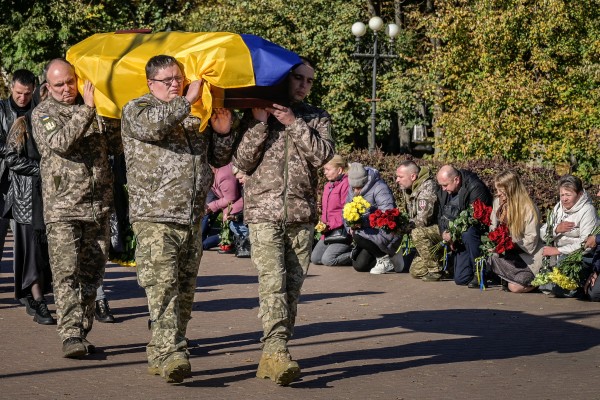
This development follows weeks of vague and evasive responses from Russian President Vladimir Putin regarding the presence of North Korean forces. When questioned last week, Putin refrained from confirming or denying the deployment, remarking, “This is our sovereign decision,” while asserting that the issue was strictly a matter of Russian discretion. However, the NATO announcement, coupled with increasing intelligence on the ground, indicates that the deployment is indeed a reality, adding a new layer of complexity to the conflict.
South Korea’s intelligence agency estimates that roughly 1,500 North Korean troops have already arrived in Russia, sparking concern in Seoul, which quickly issued a formal diplomatic rebuke to Moscow. Meanwhile, Ukrainian sources have indicated that up to 5,000 elite North Korean troops are expected to reinforce the Russian detachment in Kursk, potentially joining frontline engagements soon. The reports have led to heightened apprehension among Western leaders, who have warned of the risks associated with the internationalization of the conflict. Belarusian leader Alexander Lukashenko, a key Putin ally, echoed these sentiments, describing North Korea’s involvement as a “step towards the escalation of the conflict.”
North Korea’s support for Russia, while notable, is not an isolated act. In recent months, Pyongyang and Moscow have strengthened ties significantly, with North Korea reportedly sending a substantial amount of military hardware, including ballistic missiles and ammunition, to Russia. In return, Moscow has allegedly agreed to provide North Korea with military technology and assistance to help circumvent international sanctions, according to Rutte. This burgeoning partnership not only poses a direct threat to Ukraine but also has far-reaching implications for global security, potentially destabilizing Northeast Asia and emboldening North Korea’s strategic ambitions.
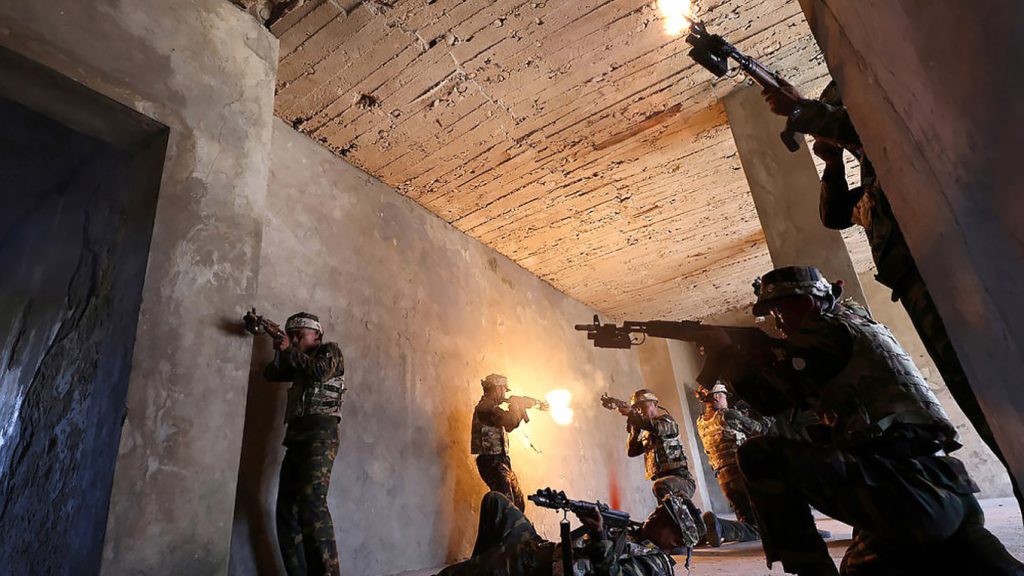
Despite the alliance between Russia and North Korea, experts have questioned the effectiveness of North Korean troops in aiding the Russian military. Language barriers, command-and-control challenges, and lack of recent combat experience may limit North Korea’s impact on the battlefield. Although North Korean forces have received rigorous training and are known for their discipline, their limited exposure to modern warfare could prove a liability, particularly in the high-stakes and fluid environment of the Ukrainian front. Ukrainian defense officials have reportedly intercepted footage suggesting that even Russian troops harbor doubts about the logistical feasibility and utility of North Korean assistance.
Nevertheless, the North Korean presence is likely to shift the calculus for Ukrainian forces. The Ukrainian military, which has made gains in recent weeks, capturing approximately 250 square kilometers in Russian-held areas, now faces an additional contingent of foreign troops in its fight. However, despite these successes, Ukraine’s incursion into Russian territory has not yet achieved its primary goal of disrupting Russia’s focus on the eastern front. With North Korean forces potentially bolstering Russian positions, Ukraine could face further challenges in its ongoing operations.
This North Korean involvement has also placed renewed attention on the staggering casualty figures in the Russia-Ukraine conflict. NATO Secretary General Rutte claimed this week that Russia has suffered more than 600,000 casualties, either killed or wounded, during its protracted assault on Ukraine. These figures were echoed by Ukrainian President Volodymyr Zelensky, who placed the Russian casualty count at approximately 650,000, stating in a recent interview that “Russians are not collecting the bodies… their people are rotting on the ground.” Official numbers from both sides are rare, and independent estimates vary. However, BBC Russian analysis confirms that over 70,000 Russian troops have been killed in combat since the beginning of the full-scale invasion, with Ukrainian forces also bearing significant losses.
The protracted and bloody nature of the conflict underscores Russia’s growing dependency on foreign assistance, including support from North Korea and Iran, which has reportedly supplied drones and other equipment. Rutte suggested that without such external aid, the Kremlin might struggle to maintain its current operations against Ukraine. For NATO and Western allies, this dependency represents a point of leverage, but it also highlights the complex web of alliances now influencing the battlefield.
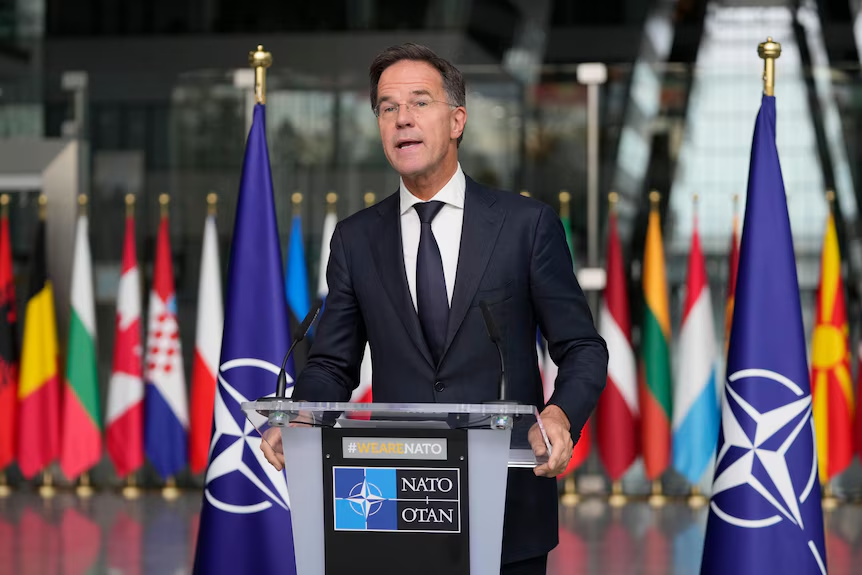
The ramifications of North Korea’s engagement in Russia’s war efforts are extensive and multifaceted. Strategically, Pyongyang’s partnership with Moscow disrupts the regional balance in East Asia, potentially complicating relations with countries such as South Korea, Japan, and the United States, which are already on high alert regarding North Korea’s nuclear program. For Ukraine and its Western supporters, North Korean intervention could further strain resources, intensify the fighting, and increase the potential for miscalculated escalations.
The move has also heightened concerns within the United Nations, where sanctions on North Korea remain in place largely due to its nuclear ambitions. By aligning itself with Moscow and potentially exchanging military technology for resources, North Korea could gain new means of bypassing international restrictions and advancing its capabilities. This relationship could also embolden other countries with contentious relations with the West to explore similar alliances, raising the risk of broader regional conflicts or escalated tensions.
For Ukraine, the immediate challenge is adapting to the new dynamics on the ground as it seeks to maintain its gains in the Kursk region and repel reinforced Russian forces. While Western leaders continue to supply Ukraine with advanced weapons, intelligence, and training, North Korean support for Russia adds a layer of uncertainty, suggesting that Russia’s allies are willing to expand their involvement. This development could prolong the conflict further, potentially drawing other actors into the fray and complicating prospects for a negotiated settlement.
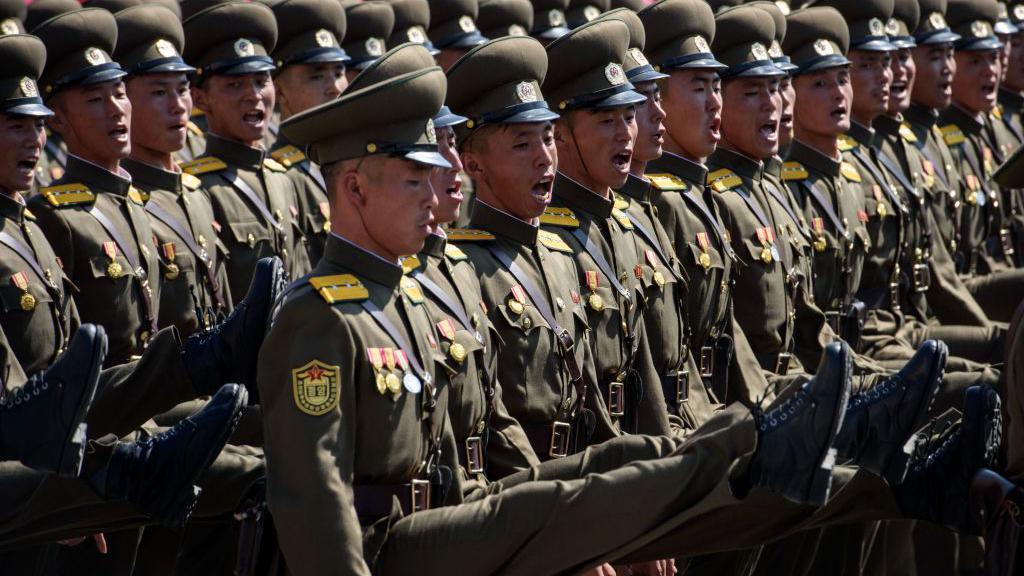
In the larger geopolitical context, the emergence of North Korean troops in Russia illustrates how the war in Ukraine is evolving from a bilateral conflict into a more complicated international struggle. The involvement of foreign troops and the exchange of military technology between Russia and North Korea could redefine alliances and spark new rivalries in the region. This raises serious questions about the potential for further escalations, not just in Ukraine but globally, as countries increasingly align with one side or the other in what is quickly becoming a battle with broader ideological and geopolitical implications.
Ultimately, the conflict has now extended beyond Russia and Ukraine, drawing in actors with their own strategic agendas and risking an intensification that may be difficult to contain. NATO’s acknowledgment of North Korean involvement is a sobering reminder of the stakes at play and the potential for the Ukraine war to reshape global alliances in ways that are unpredictable and potentially perilous.

